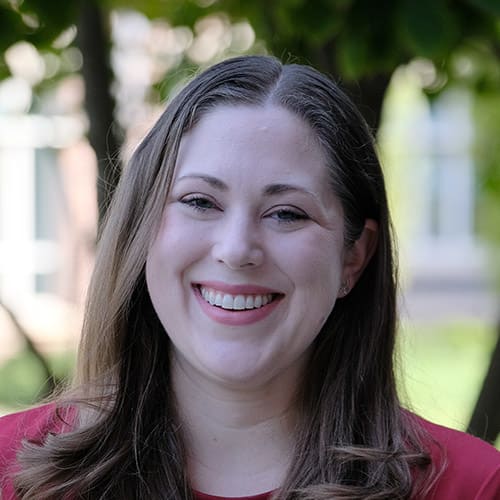About Senior Health
Explore senior health articlesAbout Senior Care Options
Explore senior living articlesAbout Finances & Legal
Explore finances and legal articlesAbout Products for Seniors
Explore products for seniorsAbout Senior Health
Explore senior health articlesAbout Senior Care Options
Explore senior living articlesAbout Finances & Legal
Explore finances and legal articlesAbout Products for Seniors
Explore products for seniors

If your parent decides they want to move to assisted living, or if they need to move there to maintain their quality of life, figuring out how to afford it can be a challenge. With monthly care costs in the thousands, seniors may quickly exhaust their private funds paying for assisted living. Families can benefit immensely from exploring multiple payment options — such as Medicaid, the Program of All-Inclusive Care for the Elderly, and the Department of Housing and Urban Development’s housing programs — well before the move to a community happens.

Our free tool provides options, advice, and next steps based on your unique situation.

Our advisors help 300,000 families each year find the right senior care for their loved ones.
The information contained in this article is for informational purposes only and is not intended to constitute medical, legal or financial advice or create a professional relationship between A Place for Mom (of which OurParents is a trademark) and the reader. Always seek the advice of your health care provider, attorney or financial advisor with respect to any particular matter and do not act or refrain from acting on the basis of anything you have read on this site. Links to third-party websites are only for the convenience of the reader; A Place for Mom does not recommend or endorse the contents of the third-party sites.